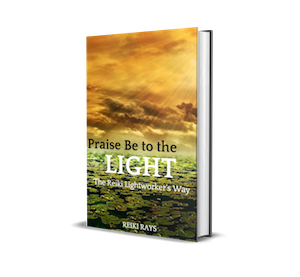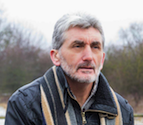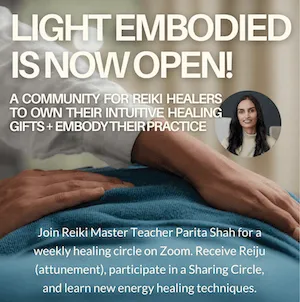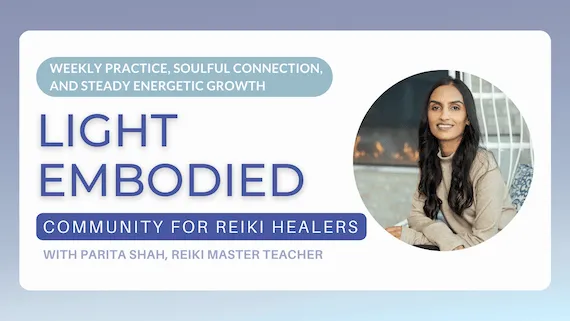Science is to a certain extent a combination of mathematical theories and models of how the Universe is perceived to work compared to the individual’s perception of reality, but all that can ever be tested is our perceptions of what we believe to be true.
‘The scientist can never be a neutral observer as objective reality does not exist, and our view of the physical world is relative to our point of view and belief system’. — Einstein
For many years science was a law unto itself; it set the rules and decided what was scientific and acceptable and worthy of its consideration. The situation was confused further increased by science using different models and different criteria for testing them with the rules applied to one discipline totally inappropriate to another. The rules applied to the study and evaluation of physics may not work in the same way if applied to the study of psychology.
Science like life is never static; it’s dynamic and constantly evolving, as with all learning, knowledge is gained through the questioning of established truths, making mistakes and corrective adjustments and re-evaluating the results and what we accept to be true. There can never be an objective reality because our belief system is hard wired to act as a filter through which all new information must pass, and we instinctively embrace what supports our existing values and beliefs. Challenge a person’s beliefs and you also challenge their values, their perceptions, and their identity as a person.
‘Many scientists throughout history have stated definitive scientific ‘fact’ based on their own belief based research only to be discredited and proven wrong by their peers’ — Johannes Muller
In a argument or discussion each side will call upon their own ‘experts’ to validate their own point of view, the vitriolic response to new theories is surpassed only by the condemnation towards those who challenge entrenched points of view. Science, by its very nature, is not well suited or predisposed to dealing with anomalies that question established beliefs, only that which falls within predetermined limits is considered relevant and suitable for scientific analysis. Yet science is not cast in stone science of today is built on the errors, mistakes, and misconceptions of the past eventually leading to the discovery of new truths, and new levels of understanding.
‘The knowledge we accept and take for granted today was achieved as much by good luck and providence, as by good judgment’ — Flemming

Image by PublicDomainPictures
Challenges to orthodoxy are often met with resentment and hostility, and no more so than the concept of health and healing in relation to the science of Parapsychology. Yet scientific proof exists to substantiate the concept of the healing mind. Some individuals have the ability to demonstrate the power to alleviate illness and disease purely through the act of will (Psycho kinesis) without using medication or any kind of medical training. Growing medical evidence is showing what’s referred to as faith healing or distant healing is not so far removed from established scientifically accepted psychological effects.
‘Recorded cases of psychological treatments such as hypnosis have worked in a series of severe conditions curing so-called incurable diseases’ — Dr A. A. Mason – British Medical Journal
Research at Kings College Hospital London showed to what extent psychological influences could have on our lives.
‘Research showed that certain personality traits appear to predispose malignant cell growth and premature death due to chronic illness and disease’ — Stephen Greer Kings College London
German research has shown that lung cancer requires both the physical risk and a psychological factor for it to develop.
‘Smoking plus an inability to express and deal with deep-seated fear and anxiety drastically increases the chances of developing the disease. Yet factors such as a positive nature, and an instinctive desire to fight the illness made a huge difference in the recovery process and eventual survival’ — Grossarth Maticek
Excellent evidence is being produced to show at the onset of the illness or disease the psychological factors are just as important as the physical factors themselves. Science has long known the mind can have a profound effect on the body; the immune system can be suppressed or stimulated depending on our state of mind, and our attitude towards our health and well-being. Distant healing has been scrutinised at the Mind Science Foundation in San Antonio Texas where blood cells were protected by the means of distant healing from induced deterioration under controlled conditions.
‘In the majority of the experiments the rate of the hemolysis (cell deterioration) was significantly retarded and the combined results of all of the tests were strongly significant’ — William Braud M.S.F.
If P.K. has the ability to affect and control the cells of the blood then it can affect every tissue, organ, and system in the body. Such results are startling and should not be dismissed out of hand because they challenge the scientific model of health and healing. These findings indicate a direct effect on the blood, enzyme production, and immune system, and therefore a defense against illness and disease, all be it by a power we don’t yet understand. In order for us to develop and grow, our ignorance should be from a lack of understanding and not from arrogance. Our belief does not create the wisdom we search for, it can only acknowledge its existence, we don’t invent it we only ever discover it. Specific research into the healing properties of P.K. is well established going back several decades, with other supportive material going back further still, and this has produced a wealth of statistical data to support their findings.
‘In one programme alone, a summary of 655 test sessions from a series of experiments produced a probability factor of less than 1 in 30 thousand million, (30,000,000,000) a clear indication that we can affect the behavior and unconscious activity in others without the need for direct physical contact’. — William Braud M.S.F.
Alternative or complementary healing has had a less than fair and objective evaluation from the medical science establishment. Yet for thousands of years medical practitioners of all disciplines have relied on, and encouraged the ‘therapeutic power of the human will to assist the doctor in his treatment and the healing of the patient’ — Hippocrates. Many, if not all critics of P.K/distant healing maintain it’s impossible because it’s incompatible with known physical laws.
‘This limiting belief rests on the premise the physical laws are 100 % true for all time, but when compared to scientific history, this statement is unscientific, unwise, and unsound’ — Einstein
‘There are scientific models that propose extra sensory perception, the collective that includes P.K. healing is at least compatible with what is currently accepted in physics’. — Dean Radin, Honorton, Stanford’s PMIR
When searching for proof we must never forget proof is both subjective, and relevant, subjective in as much as one persons proof is another persons coincidence, and relevant to what we hold to be true at any given time. The sceptic may be open to persuasion when faced with overwhelming evidence, but the cynic very rarely if ever change their view point as to do so would undermine and challenge everything they hold to be true, and a truly closed mind is destined to remain unaware of its own ignorance. Holistic complementary healing may never be considered as rocket science but misplaced scientific arrogance should never make the mistake of considering it nothing more than superstitious make believe for in doing so they demonstrate their ignorance and how little they know of their own chaotic origins.
Article by Phillip Hawkins
Free eBook download: We’ve created an eBook with our best articles on this topic, and offer it for free to all our newsletter subscribers.


A Reiki practitioner since 1999, Phillip started teaching Reiki in 2000 and using those skills and abilities he has spent the majority of the last seventeen years working with a wide range of social and educational needs including Autism and ADHD. Working with addicts dependent on alcohol and drugs, people whose lives were extremely violent and abusive, and others who had to deal with severe mental health issues. This has enabled him to work extensively in the private sector, schools, colleges, education and care in the community, the prison service and psychiatric units.
In 2016, Phillip decided to semi-retire from full-time employment to concentrate on developing his career as a published author and the setting up of his Reiki personal development programme at the Chilton Community College.





Leave a Reply